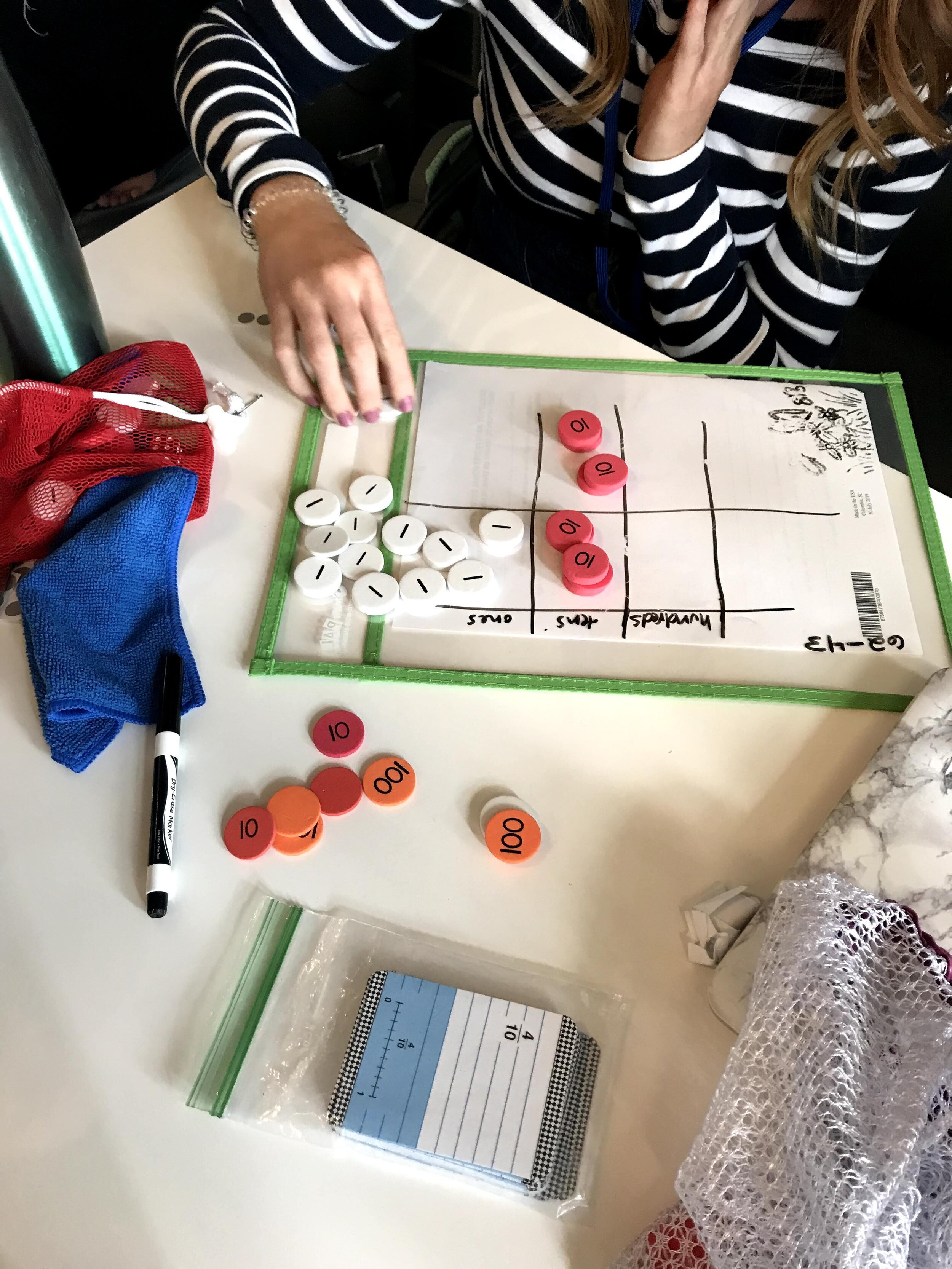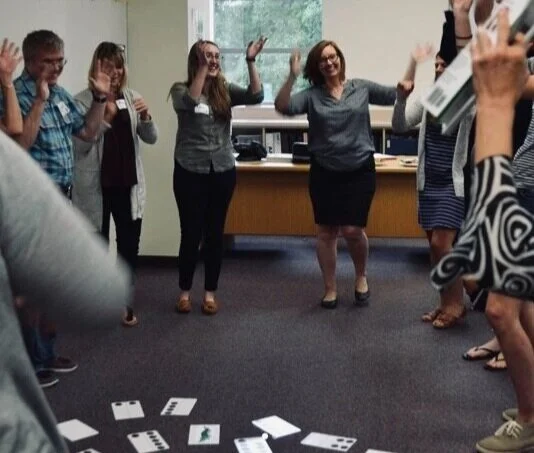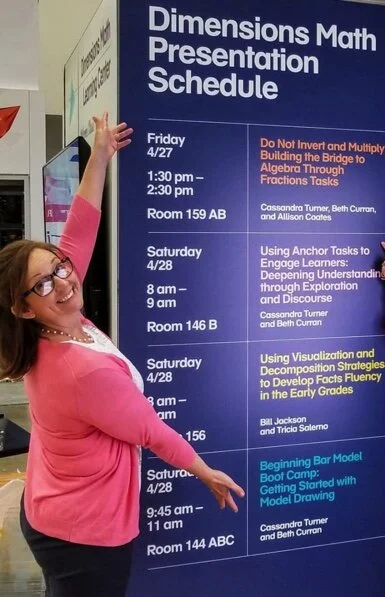
Dedicated to providing bespoke professional learning and coaching to support your Singapore math journey.
Curriculum assessment and selection.
Administrators will get the support needed to successfully choose and implement a new Singapore math curriculum. This includes:
A complete needs assessment for your district or school
Help navigating the available Singapore style curricula and choosing the one best aligned with your school’s initiatives
Support for administrators ordering materials and creating a plan for a successful implementation
Singapore math teacher institute.
This asynchronous, online course will provide a foundational understanding of the Singapore approach to teaching mathematics and is recommended for anyone teaching mathematics in Kindergarten through 5th grade.
Through a series of cohesive lessons, participants will develop and hone their understanding of:
Lesson planning that incorporates best practices in mathematics education using your curriculum
Mental math and the role it plays in deepening number sense
Problem solving strategies that include comprehension and visualization
Using bar modeling as a problem solving tool to access challenging problems
Implementation.
These one and two-day onsite professional learning sessions are designed to enhance both the competence and confidence of teachers and support staff using a Singapore math curriculum. The sessions will focus on content knowledge, methodologies, and pedagogy derived from Singapore's proven educational practices. Through this highly interactive experience, educators will engage directly with the mathematical content they will be teaching.
By the end of the sessions, participants will have a clear understanding of:
Methodologies successfully used in Singapore for over 20 years.
Teaching approaches that promote mathematical reasoning and understanding.
The Concrete-Pictorial-Abstract (CPA) framework for teaching mathematics, including how and when to transition through these phases to meet diverse learning needs.
The content knowledge necessary to effectively teach number sense and mental math strategies.
Effective teaching strategies for developing basic fact fluency.
A visual problem-solving approach using bar modeling to solve complex problems and build a solid foundation in algebraic thinking.
The curricular materials and how to use them effectively to incorporate best practices in mathematics education to reach all learners.
Community education.
These onsite or remote parent sessions aim to unite the entire school community as learners of mathematics. These sessions will help parents understand the shifts in mathematics instruction and equip them with strategies to support their child's learning at home including:
Developing the tools to create a supportive environment at home that aligns with the initiatives at school.
Embracing the methodologies from Singapore and the current shifts in mathematics education.
Supporting their child’s learning with manipulatives that can easily be created or found at home.
Coaching.
Year-long onsite and remote coaching offers continuous support for teachers, instructional coaches, and administrators.
Remote Faculty Meetings
These virtual meetings are designed to sustain momentum and enthusiasm for teaching mathematics using Singapore’s methodologies. The sessions will focus on:
Deepening content knowledge.
Effectively utilizing curricular materials.
Providing teachers with opportunities to experience math epiphanies throughout the year, bringing their excitement into their lessons.
The topics of each meeting will align with the curriculum’s content and sequence, ensuring relevance and applicability for faculty.
Remote Meetings with Administrators and Instructional Coaches
These remote meetings with administrators and instructional coaches are designed to equip school leaders with the tools needed to support teachers effectively. Topics include:
Setting a school-wide vision for mathematics and objectives to support your vision.
Identifying key indicators of effective math instruction in classrooms.
Utilizing observation tools to provide timely and constructive feedback.
These sessions will help school leaders guide teachers in making instructional shifts that align with both individual and school-wide vision and objectives.

